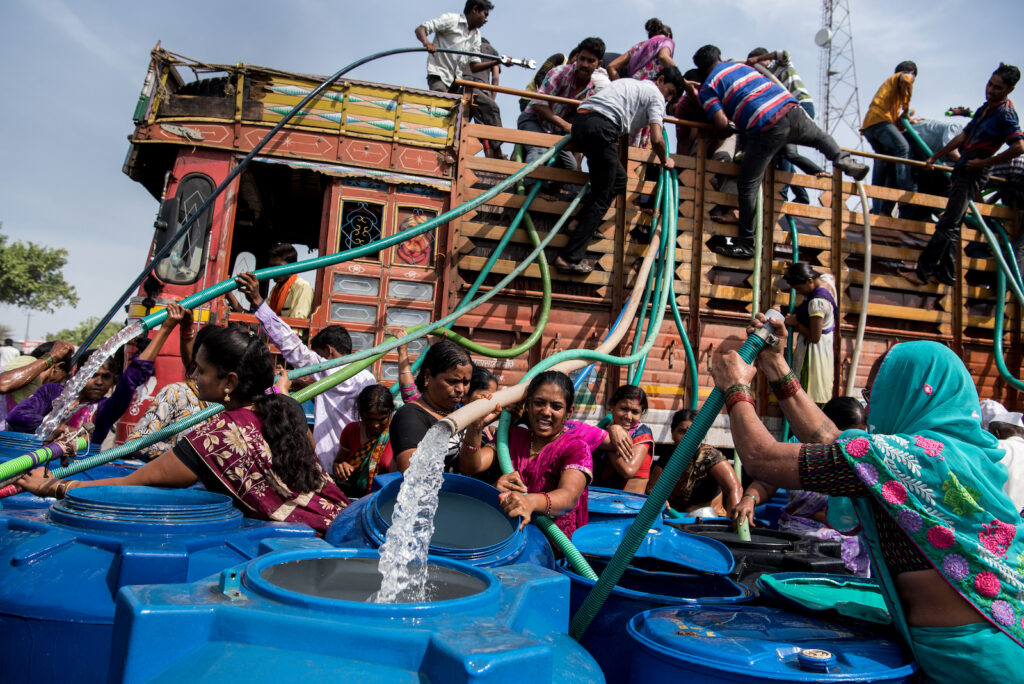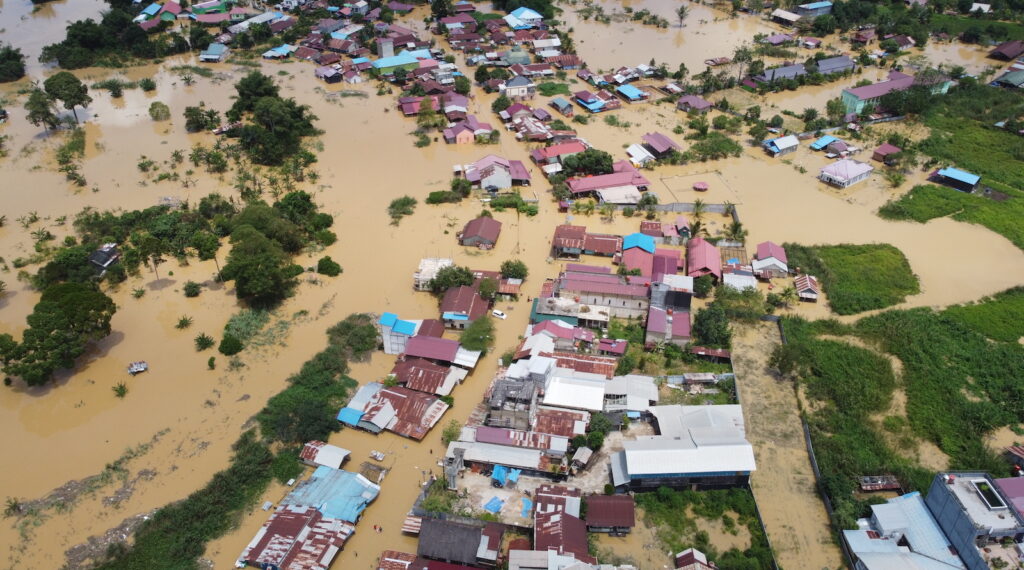A destabilised global water cycle is aggravating climate change across the world, narrowing a window of opportunity for action.
Water-use restrictions, power cuts, and other stopgap measures can no longer conceal the fact that our policies and institutions to manage water are not suited for a world of unsustainable consumption, expanding vulnerability and global environmental change.

All our current arrangements rest on the assumption, that the local and regional supply of water is relatively stable, predictable and manageable. This is no longer true. Humanity is now in the midst of a global water crisis, around which the cost of inaction is unbearable, for both the Global North and the Global South.
We must recognise that all our key sustainable development challenges are connected to water, from poverty reduction, and inclusive growth to sustainable livelihoods – whether there is too much or too little water, or whether it is too polluted for human use.

The task now is to properly define, value, and govern water as a global common good, based on a better understanding of the links between water, economic development, climate change and biodiversity loss. Thinking about water in this way will allow us to mobilise urgent collective action and design new rules that put equity and justice at the center of our response to a local to global emergency.
Water can be the lever and catalyst of a new development model, based on more equitable premises, as well as a better stewardship of nature. These solutions will require a long period of large investments, with high levels of mobilised finance.
This will only happen if the right enabling conditions are in place and all stakeholders handle collective action strategically.
Top image: The Rhine river in Cologne, Germany, with low water levels due to drought in July 2022.